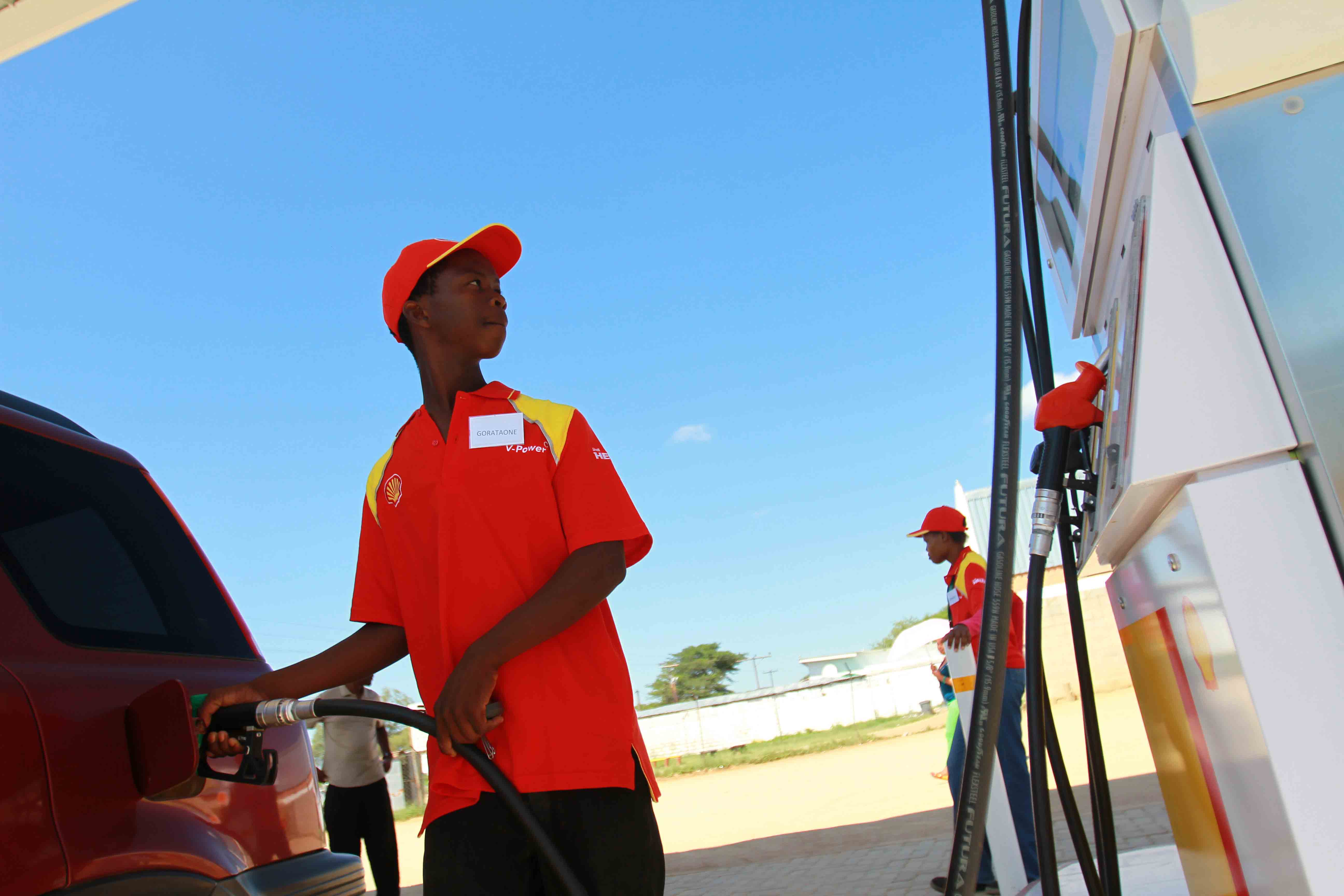- Gov’t reluctant to increase fuel prices
- Fears public backlash
- Monies owed fuel companies approaching P2 billion
GAZETTE REPORTER
Government has announced that there will be no fuel price hike in the short term, on the other hand, monies owed to fuel companies as under-recoveries continue to skyrocket, creating a threat to the petroleum sector.
This week, Director at the Department of Energy, Baruti Regoeng told the media that government will not increase fuel prices, at least for this month. Industry players have been anticipating a heavy fuel price increase, which would be effected to boost industry margins and avoid under recoveries.
Last month, government owed fuel companies over P1.2 billion. The money however, increases on a daily basis and it is feared to be approaching P2 billion.
Currently, it costs more to import fuel versus fuel pump prices set by government. This means that there is an ‘under-recovery’ by fuel companies like Shell, Engen, Caltex and Total. As a result government owes fuel companies the balance, which accumulates as and when the fuel companies import fuel into Botswana and when the consumer buys fuel at filling stations.
According to the May 2018 Fuel Price slate, the import parity price was at P6.58 per litre. The Import Parity Price (IPP) is the price of a product that is imported at the border, which includes international transport costs and tariffs.
Government then set the recommended fuel price at a minimum of P8.24 thebe per litre. However, there are levies added into the cost per litre at pump prices, which would then hike the total cost of fuel at pump fillings stations to around P9.60 per litre. Since government has set prices at P8.42 it means filling stations are under recovering by a minimum of P1.18 thebe per every litre sold because they are selling at lower than the actual cost.
At this rate, it would mean that government has been failing to remit back to filling stations a total of P142 million every month on average, and the figure has been bulking up since last year. The P1.18 under-recovery in the price slate was supposed to have been paid for by the NPF. The NPF has since dried up after funds were reported to have been misused. The accumulating under-recovery in the price slate, according to Regoeng, was P1.2 billion last month, it has been rising every day and is now approaching P2 billion.
Industry players say that in a period where crude oil prices are going up, it is essential that Government increase pump prices since the cost of imported fuel keeps going up. Prices of crude oil have steadily increased to its current level of around $75 per barrel, equivalent to a 100 percent rise in price since 2016. During this time however fuel prices in Botswana have been little changed. Consequently, government failed to compensate oil companies for high cost of imports because they sold at lower margins. This resulted in increasing negative slate balances, leading to under-recoveries by fuel companies.

